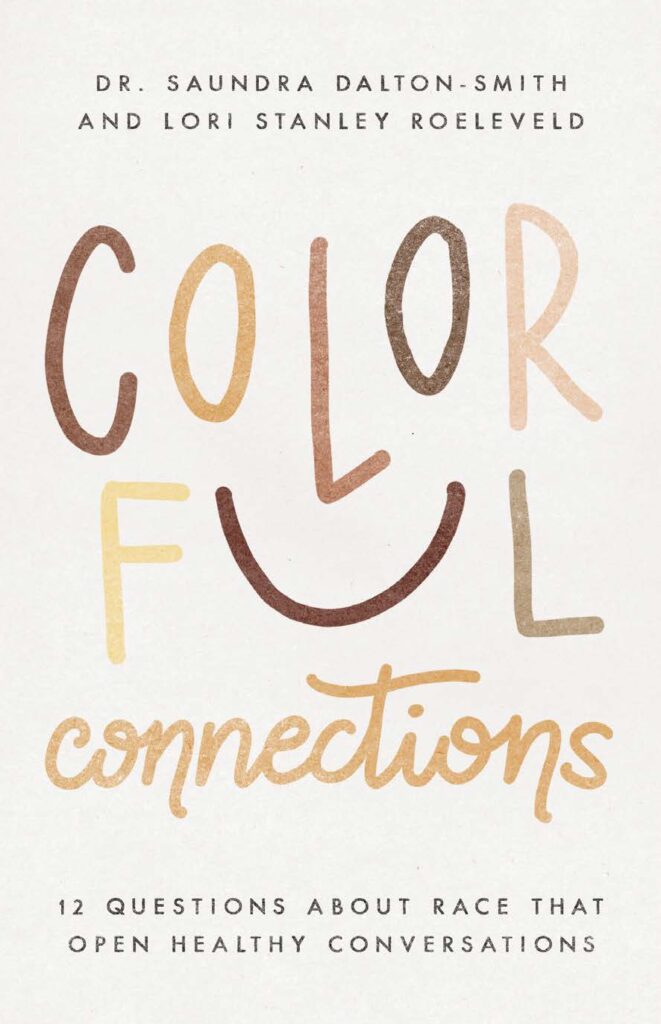Baby Wars (Or When You Get What You Want But It’s Not Enough)
Do you ever worry about operating with mixed motives?
Have you ever hesitated to act on a Biblical command because you felt as though your intentions weren’t pure?
It’s good to have pure motives but in my experience, they’re rare on this side of heaven and only found in Christ. God still works, though, despite the alloy of the human materials He employs in His plan.
Follow along in Genesis 29:31-30:24 and witness the literal birth of the nation of Israel – what I like to call “Baby Wars.”
This passage reads like a script for the original pilot of the Jerry Springer show. Two sisters, daughters of a wheeler-dealer, are married to the same man, with a similar bent as their father. The beautiful sister, Rachel, is loved, but the less attractive sister, Leah, is not.
To gain her husband’s attention and, hopefully, his affection, Leah begins popping out babies. She names them, not according to what she’s sees in them but according to what she hopes they will accomplish for her.
Reuben means, “See, a son.” In other words, “Look at me, everyone! God has blessed me, NOT my sister, with my husband’s firstborn.”
Her second-born, she names Simeon which means, “heard,” as in “God heard and answered MY prayers.” (Not yours?)
Another son comes for Leah and she names him Levi meaning “attached,” because after three sons in a row, Leah is certain her husband will now become attached to her. Finally, she gives birth to Judah meaning, “praise,” because at his appearance, she praised the Lord.
Rachel was, perhaps, patient at first but after her sister’s womb yields four sons, she loses it a little. Delicately approaching Jacob she demands, “Give me children, or I’ll die.”
It’s not happening for Rachel.
So, in the tradition of the times, she sends in her handmaiden to bear a child on her behalf. Bilhah has a son Rachel names Dan, meaning, “God has judged between my sister and me.” Nice, huh? Pretty much means, “I win, you lose.”
She names Bilhah’s second son, Naphtali, which means “wrestling” to signify that she had wrestled with her sister and prevailed. (In other words, “Hah, Leah! Jacob loves me best AND I get two babies! So there!)
The war escalates as Leah offers her handmaid to Jacob (poor man) and Zilpah gives birth to Gad (“Good fortune has come”) and Asher (“Happy am I.”) (Happy, happy, happy because of allllllll my babies.)
Rachel then barters away a night with their husband to Leah in exchange for mandrakes, a food known to enhance fertility. Leah conceives on that night that she’s “hired” Jacob (no mandrake assistance necessary), and names the child Issachar meaning, “wages or hire.”
Is this striking you as holy or glamorous or a noble foundation for the chosen people? Or, does it just seem like two jealous sisters plagued by insecurity and a husband who can’t really manage his household?
Leah gives birth again, to Zebulun, meaning “honor” and then to a daughter named, Dinah, which means “justified,” as in “my place is justified in this household.”
Finally, God blesses Rachel with Joseph, named “may he add” so that Rachel could take the opportunity to make clear she would like the babies to keep coming.
Sadly, in Genesis 35, Rachel does give birth to one more son but she dies during the difficult labor. With her final breath, she names him Benoni, meaning “son of my sorrow” but Jacob kindly renames him Benjamin, meaning “son of my right hand.”
The names of the twelve sons of Israel reflect, not mothers who placed God, husband and family first but self-centered women caught up in a selfish and bitter rivalry. There is nothing about the formation of this family that would foreshadow a great future or portend the blessing of the seed of Abraham on all nations.
Nothing in the motives behind these births that would speak to their future descendant, Jesus Christ, who would die to pay for all of our impure motives.
But God isn’t daunted at all by our sad, self-centered little intentions. He just moves forward with His plan, creating from our messes the art of His redemptive story.
We miss out on a lot when we don’t submit our motives to His cleansing power. No doubt Leah and Rachel would have enjoyed life more if they’d seen their children as more than ways to achieve their selfish ends. For them, sons were a way of securing affection, attention, place, and a future.
For God, the sons were an end in themselves.
I do that. I attempt works or ministries with mixed motives, hoping they will do some good but also hoping they’ll secure for me a good name, the good will of others, and perhaps a sense of well-being for myself. No matter how noble, in part, I make these works somehow about me.
God sees each act as an end in itself – He sees that it is good for me to love even if the act of love garners me no praise or love in return. He knows it’s good for me to create even if the act of creation gains me little fame or glory.
The children of my efforts to do good in this world in His name are able to stand alone in spite of what they may or may not achieve for me, despite my sorry, sullied motives. This story helps me to remember that.
Never despair that God is at work no matter how sinful the intentions of the earthly players. His plans cannot be thwarted.
But, think, for yourself, of all that Rachel and Leah missed out on by focusing on what they might gain from the fruit of their wombs rather than seeing God at work in each special one – no matter what benefit they might receive personally from each birth.
Where are the baby wars in your life? What selfish ambition or foolish rivalry might you benefit from laying down this week? Where are you throwing out the baby with the holy water?
Don’t know? Ask God, He’ll show you.













No Comments